I hadn't been to the gym in two weeks, having been sick with COVID. Once I felt better getting started again felt heavier than the weights themselves. I told myself I'd go in the morning. No, I’d skip the morning and do it at lunch. Then, it changed to after dinner, and then the next morning again. Each time, I meant it, but I couldn't seem to take the first step. Does any of that sound familiar? It’s because it’s a human response, even for fitness professionals. The only difference is we often have developed the skills to and habits to help us move forward when resistance strikes.
When I finally got back into the gym, I gave myself one simple goal: do a 15-minute warm-up. Light weights, high reps, all the movement patterns. No pressure to go further. That small step opened the door. Once I began moving, it felt good to be there again. I ended up doing more than I promised myself, but still less than normal. It was a healthy reminder that starting is often the hardest part. I gave myself grace for struggling and moved forward the best I could. That’s a win.
Most people already know the basics of healthier living; they don't need a lecture. Eat more vegetables. Move regularly. Go to bed earlier. Yet so often, the reality looks different. You tell yourself you'll cook dinner at home, but DoorDash wins after a long day. You make a plan to get to the gym, but you keep pushing it to "later," like I did. You promise to get to bed early, yet somehow you're still awake, scrolling an hour past your intended bedtime.
The struggle isn't about discipline, knowledge, or even motivation. It's about resistance, the internal conflict between two competing priorities: the part of you that wants the future outcome and the part that wants immediate comfort.
This conflict is universal, especially when life is busy and filled with competing demands. As a coach, I often hear this: "I know what to do, but for some reason, I just don't do it." Behavior change requires more than knowing the steps. It requires building skills that help bridge the gap between intention and consistent follow-through.
WHAT DOESN’T WORK: MORE DIRECTIVES
Recently, I came across a post on LinkedIn where a business coach stated, "I gave my client these simple instructions, and if he follows them, his life will completely change in 90 days." The list went like this:
Don't eat junk food.
Exercise for thirty minutes every day.
Don't drink alcohol.
Go to sleep on time and get 7–9 hours.
Eat protein at every meal.
If only it were that easy. Were any of those five steps a big surprise to you? Probably not. Most people already know what to do. The issue is follow-through, especially when real life steps in. When work runs late, when kids need something, and when stress hits, convenience or comfort often wins, leaving that simple list feeling miles away. Telling someone what to do without helping them figure out how to make it work in their life misses the point. Directives like these aren't helpful.
Why Willpower Isn't the Answer
When resistance shows up, the default reaction is often to try harder. We assume that if we summon more discipline, dig deeper, or push harder, things will finally fall into place. I can't tell you how many clients have said to me, "I just need to buckle down," but this is rarely the answer. This approach can sometimes work for short bursts, but it seldom sustains long-term change.
Instead of relying on willpower, the real key is skill power, developing the skills that help you work with your real life, making the path smoother and the journey sustainable.
Skill Power: The Real Key to Consistency
Skill power means building practical, repeatable habits that help you follow through even when you don't feel like it, or when life gets in the way. Instead of relying on discipline alone, you create systems that work in real life, with all its stress, deadlines, and unexpected curveballs.
Sometimes, my clients are surprised when I tell them that I often face resistance before my workouts, just as I did after having COVID. I love fitness, but that doesn't mean I always feel like doing it. Over time, I've developed strategies to help me move forward on those days, such as keeping a workout short, reducing the intensity, or taking a rest day when I need more recovery. Those adjustments make consistency possible without relying on sheer willpower.
Some of the most important skills include:
Taking action when you don't feel like it. Lower the barrier to entry. If you don't want to go to the gym, commit to ten minutes. Once you're in motion, momentum often carries you forward. Make plans based on what you can do on your busiest days, not your easiest ones.
Making small actions matter. Change doesn't have to be big and dramatic. Bringing your lunch, choosing water at a meeting, or taking a five-minute walk between calls all contribute to better health when done consistently. Don't dismiss small efforts.
Navigating competing commitments. There are days I plan to train after work, then a project runs late or something unexpected comes up. Skill power helps in those moments; it's the ability to pause, reassess, and make a choice that still supports your goals. Maybe that looks like a shorter workout or a walk instead of a full session. Those minor adjustments keep progress steady without turning one change of plans into an all-or-nothing setback.
Celebrate small wins. Progress appears in ways that align with your life. After that first workout following my illness, I intentionally went easier. It wasn't my strongest session, but I was glad that I showed up. My strength training app (HEVY) told me I'd lifted a total of 5,559 pounds, about the weight of a van. That reminder made me smile. What felt like an easier day still added up to something meaningful. It reinforced that effort counts, even when it looks different than before. Those moments of positive feedback shift your focus from what's missing to what's working, and that mindset keeps you moving forward. My small win of showing up turned into a win as big as lifting a van!
Making my small win the size of a van!
Why Resistance Feels So Strong
The same qualities that make you successful at work, dedication, responsiveness, and attention to detail, can sometimes work against you when it comes to self-care. The constant pressure to perform leaves little energy for yourself.
When the brain is tired, it naturally seeks relief. That's why the path of least resistance often looks like convenience food, skipped workouts, or late nights catching up on emails. People sometimes mistake resistance for laziness, but it's really your brain conserving energy.
I had a client who said, "Lea, I was lazy this week. I didn't get my workouts in." When we looked closer, she had worked fifty hours, gotten two kids to three different sports practices, cooked dinner five nights, and volunteered for the PTA. What she called laziness was really a sign of being at full capacity. Once she stopped judging herself and started planning small, realistic actions around her real schedule, she found consistency again. It was a clear reminder that self-awareness and compassion go further than criticism ever will.
The skill is learning how to notice this moment and make a small, intentional shift toward what you truly want.
A common mistake is feeling surprised by resistance, as if once you decide on a new habit, the process should become easy. When challenges appear, people often assume they've failed. Resistance is normal, and we can plan for it. Progress comes from having a plan in place for those inevitable moments when it feels difficult.
Putting It Into Practice
Resistance is a normal part of change. It's a moment to pause, regroup, and practice the skills that keep you moving forward. When you respond with small, intentional actions, like starting with a warm-up, choosing water, or taking a short walk, you strengthen the habits that make progress sustainable. Consistency grows from those moments of choice, not from perfection or pressure.
Questions? I’d love to help.
Lea
Lea Genders is a board-certified health coach, personal trainer, and workplace wellness consultant based in Fort Worth, TX. She offers corporate wellness programs for employee health and productivity, as well as in-person and virtual training / coaching for individuals worldwide. Her blog shares expert guidance on strength training, running, and sustainable nutrition @fortworth_trainer


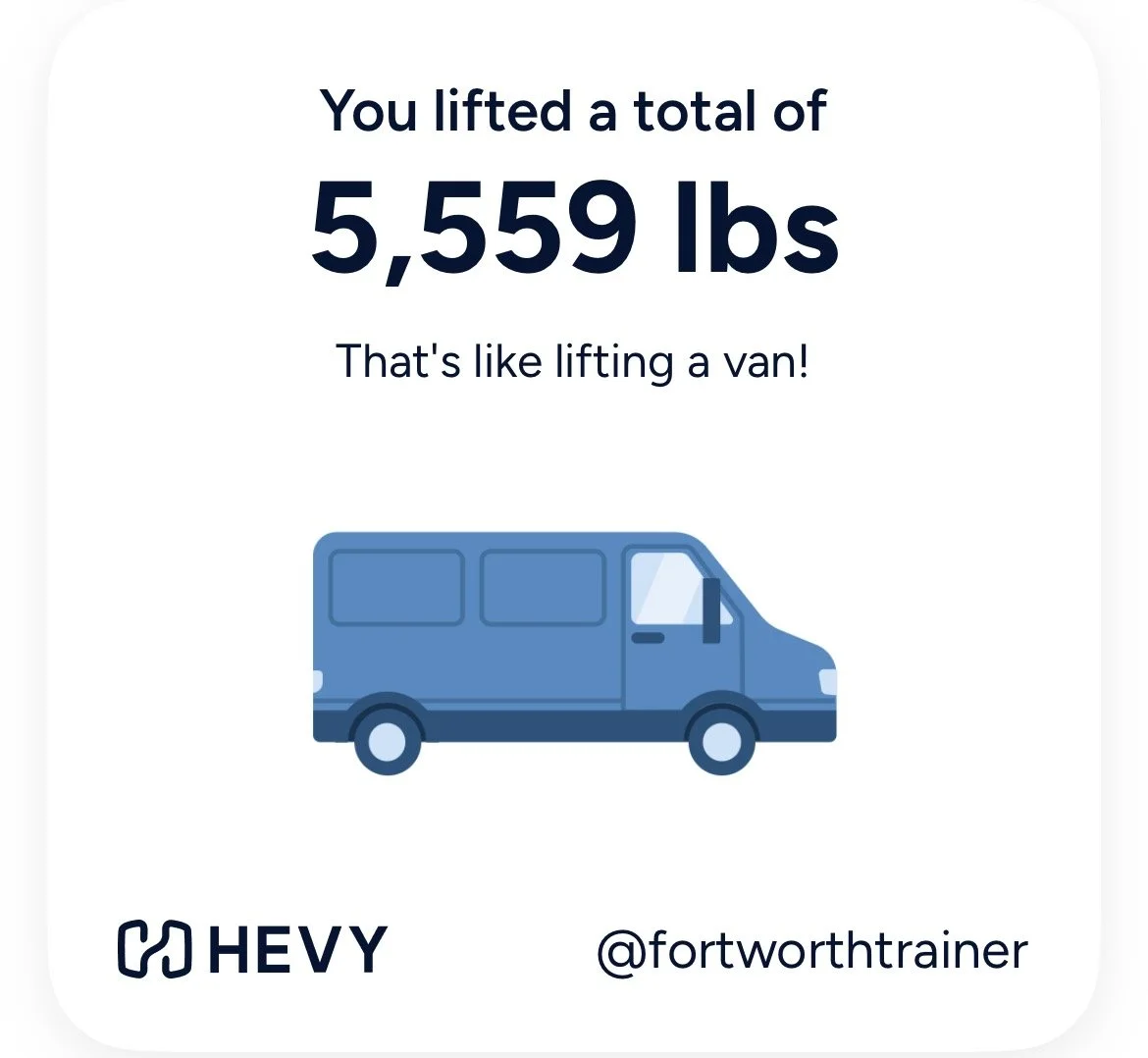

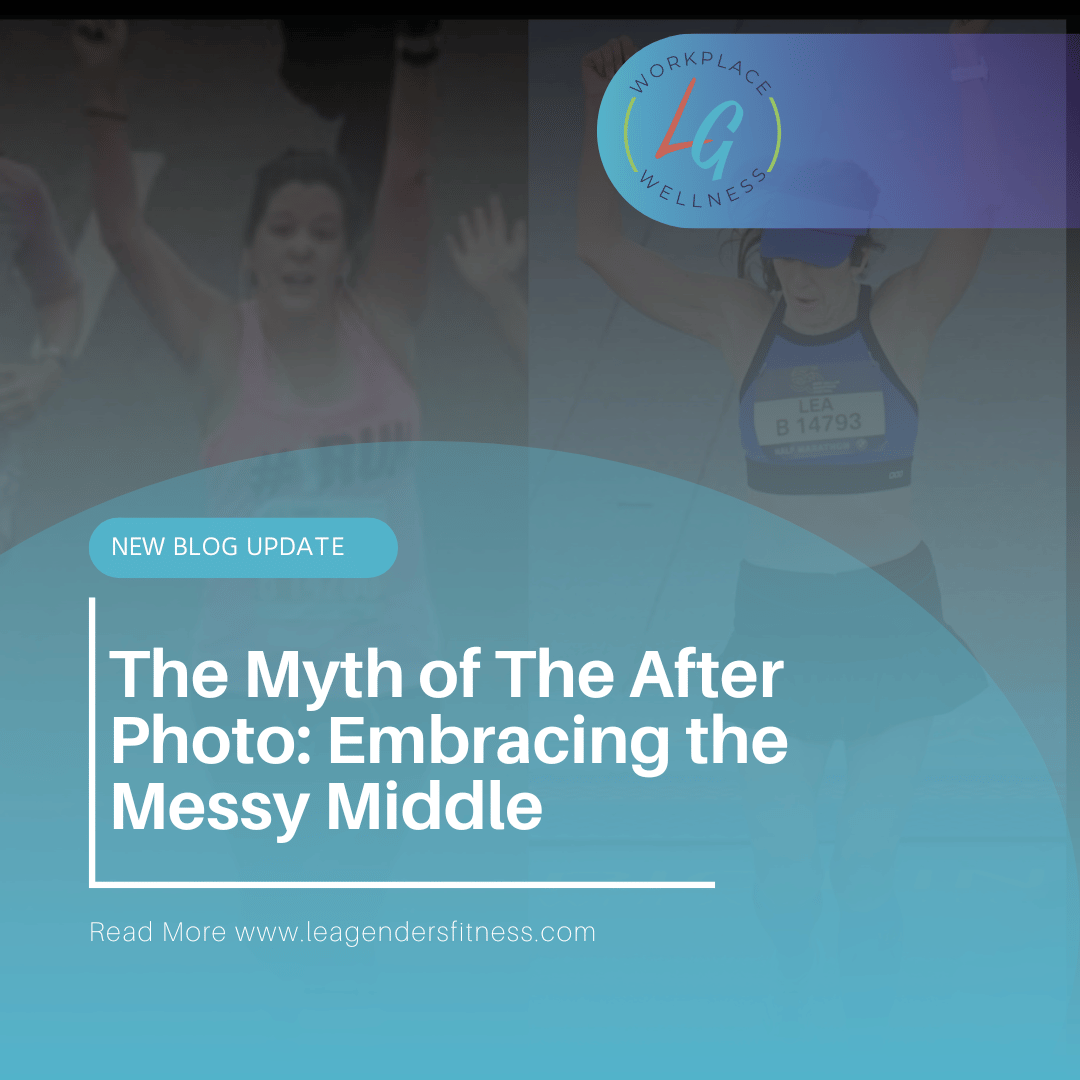


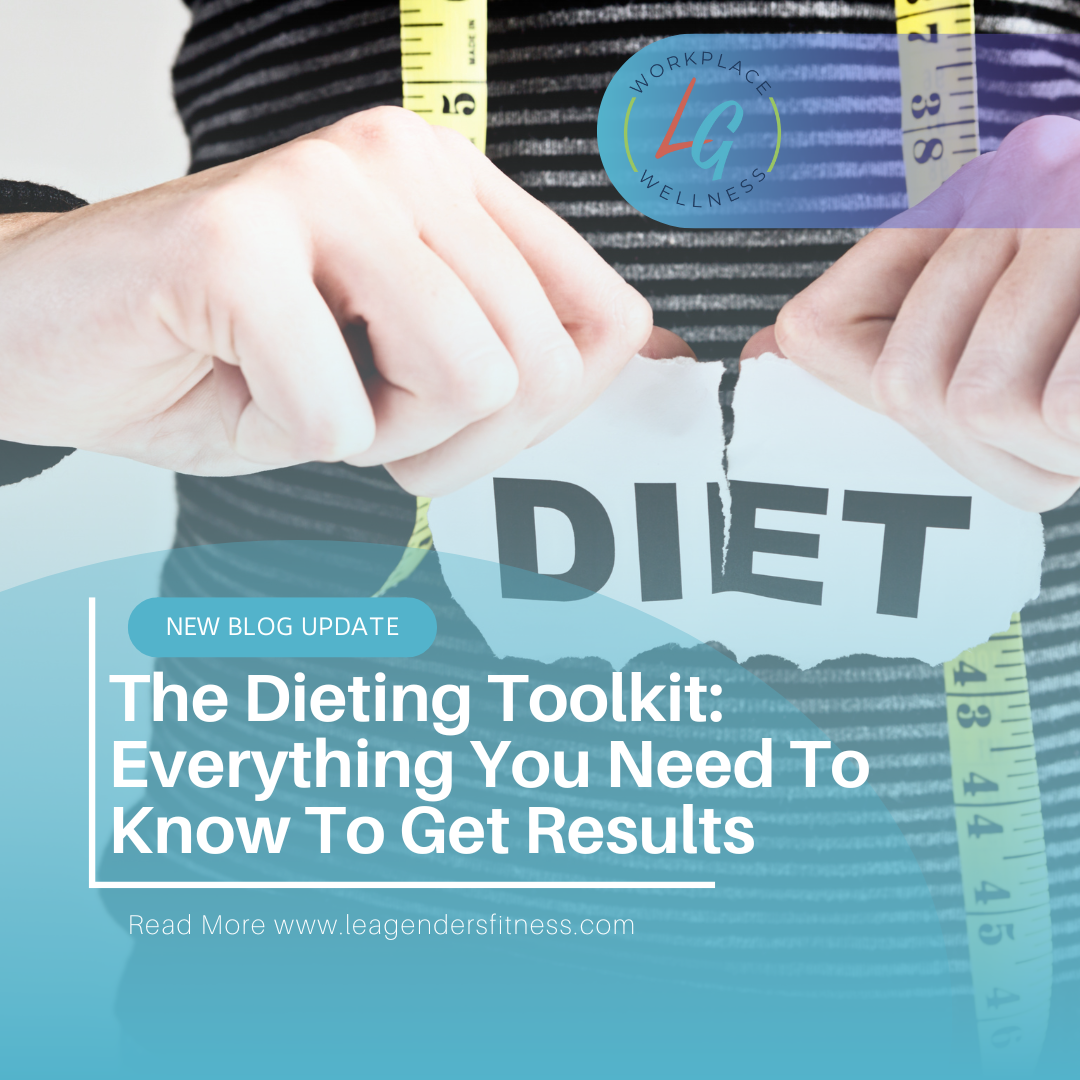
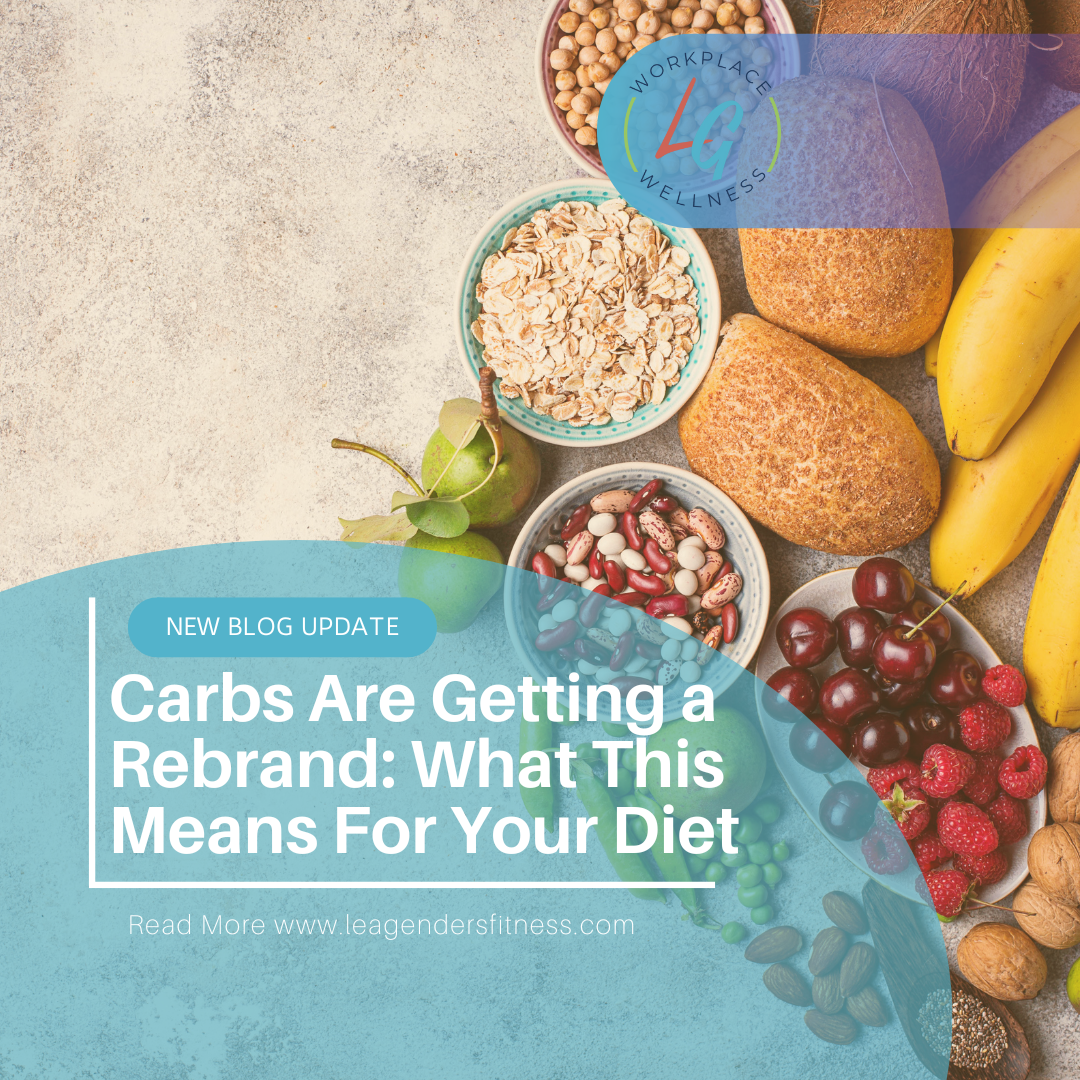
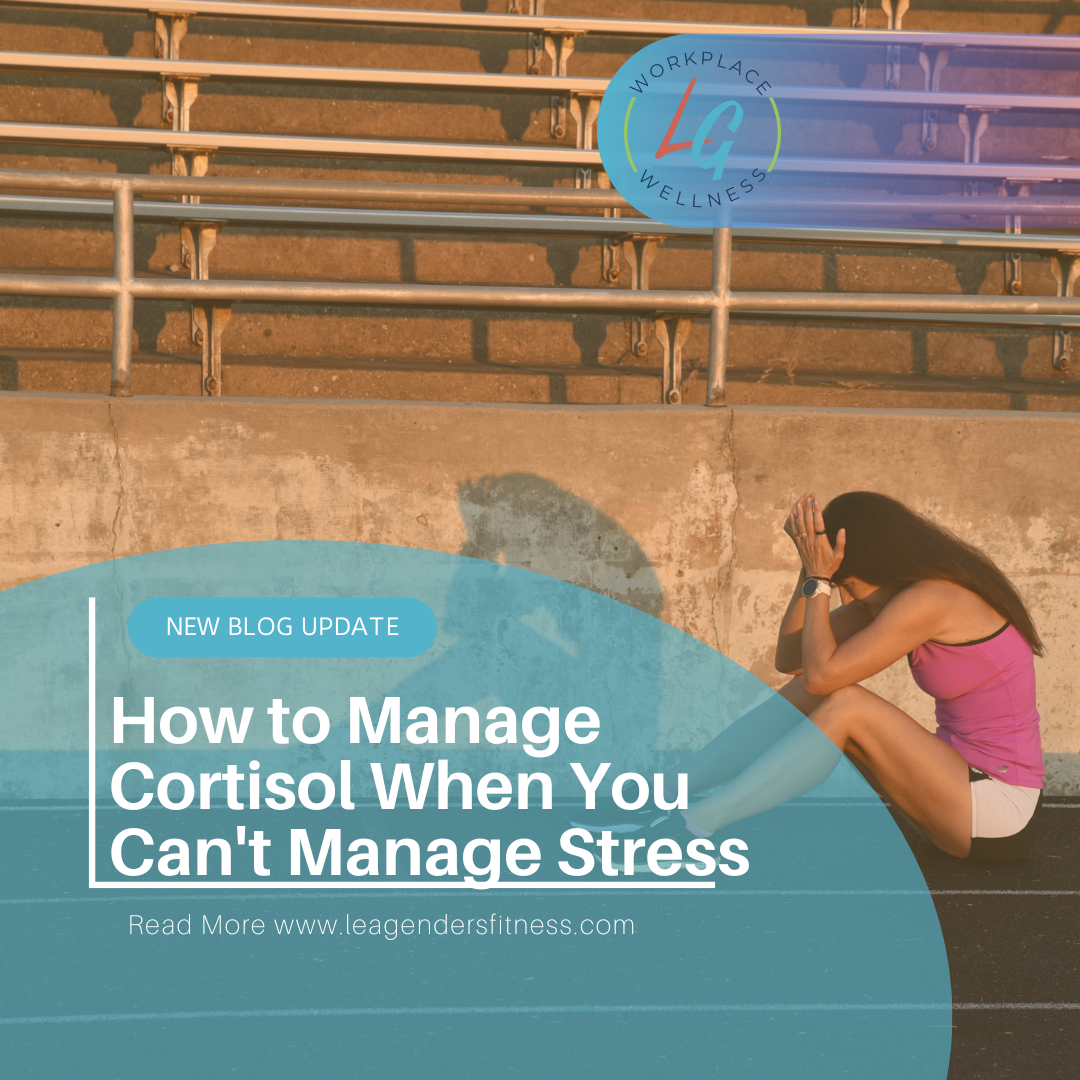
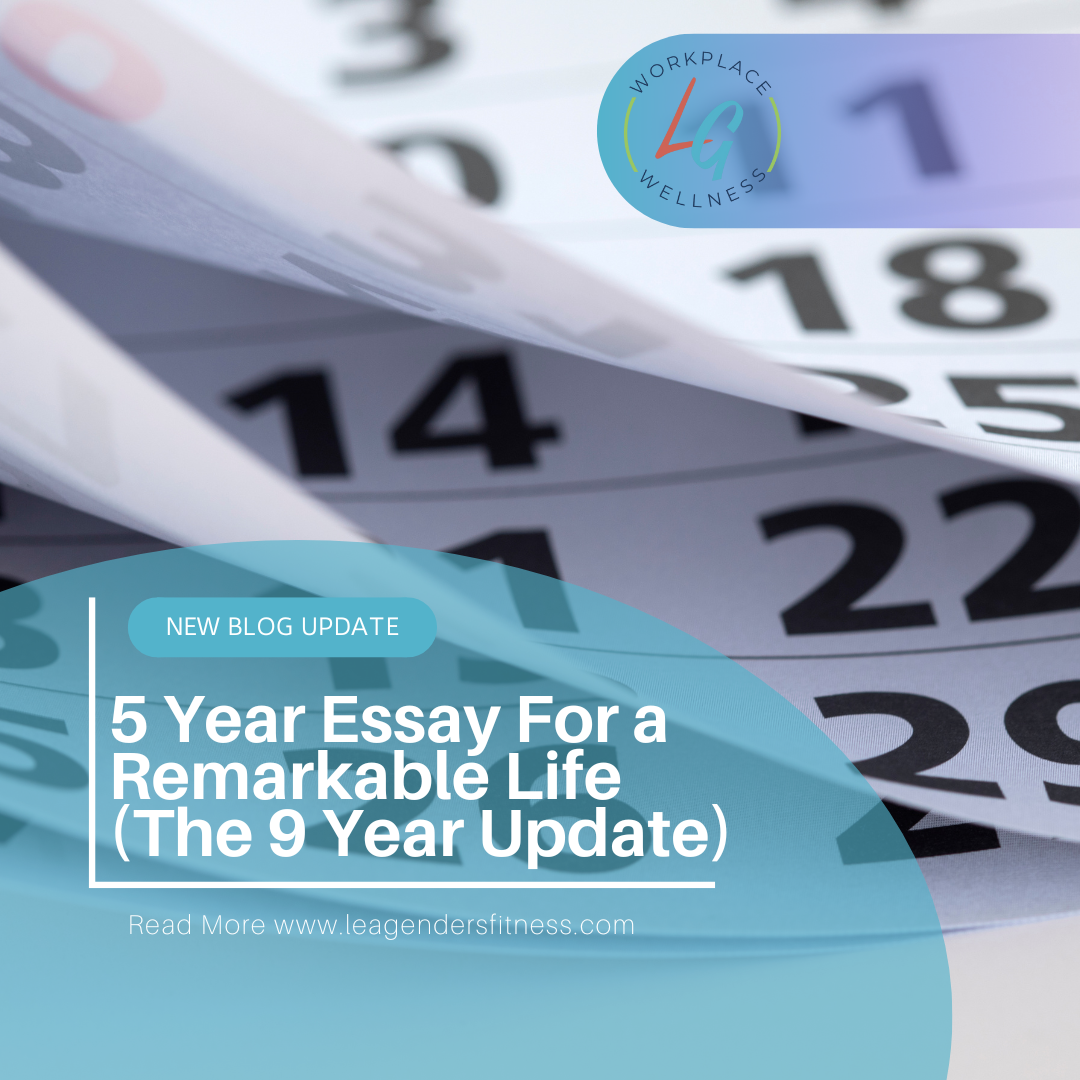
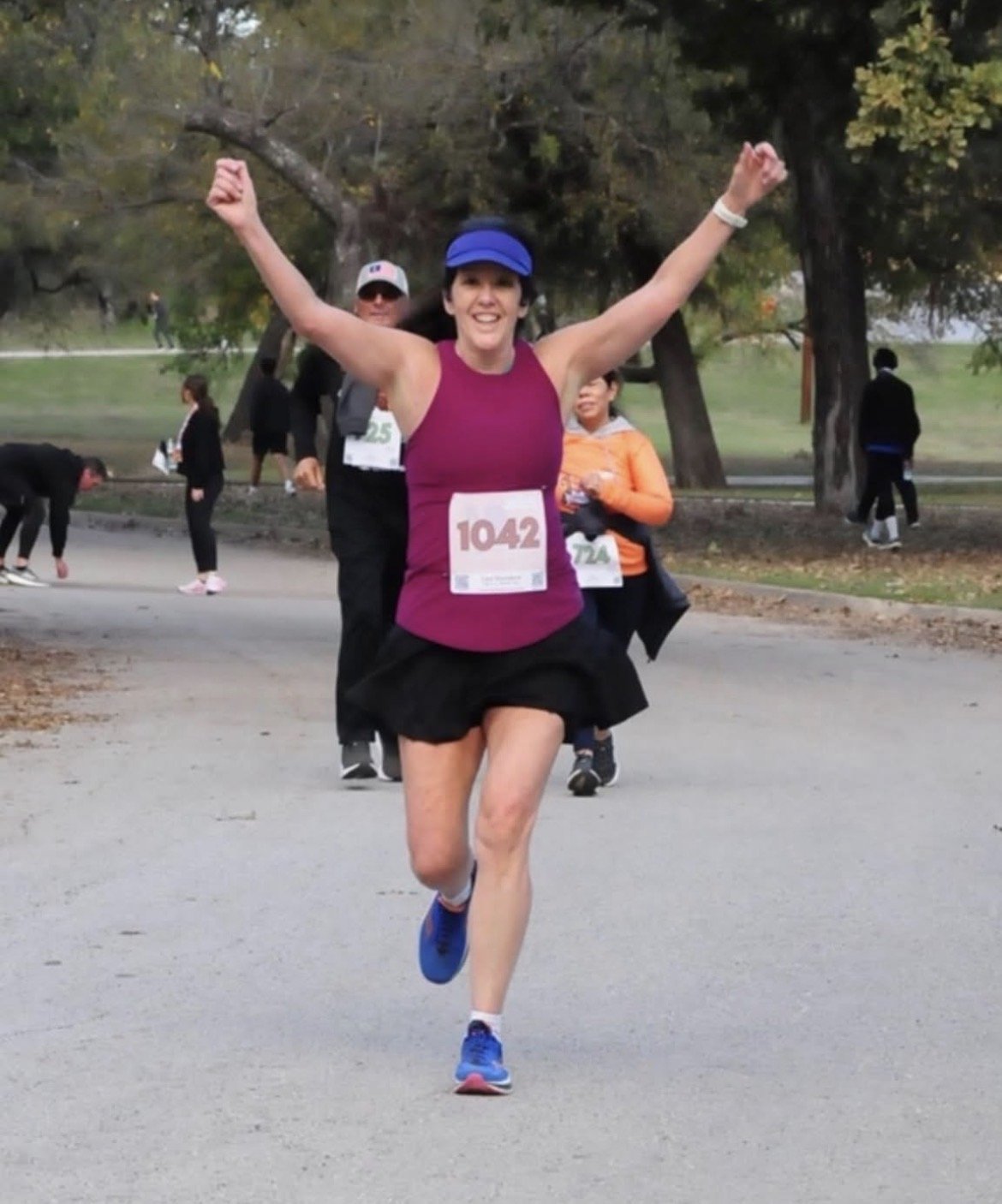

Most of us are stuck in habits and thought patterns that we didn’t even realize we were practicing. Whether it’s negative self-talk on loop, the trap of thinking every workout has to be a high-intensity suffer-fest, or being so obsessed with the scale that we miss the small meaningful wins, these mindsets can sabotage our progress. In this blog, we look at how to identify these traps, give ourselves some grace, and start choosing a new way to think about health and consistency.